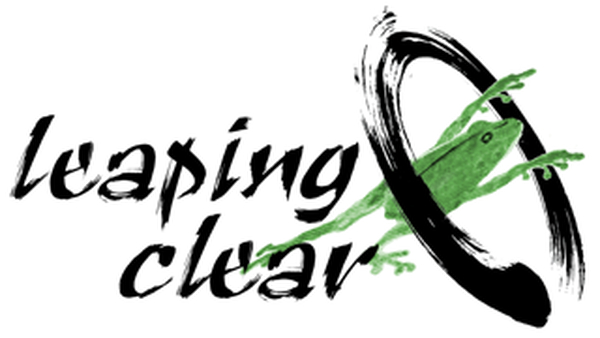Jonathan McGregor
In the country of your illness
I could not follow you
up lichened granite crags,
down limestone deeps
where blind white
crayfish crawled
smoking emerald pools.
Sweat-drenched and staring
into black, I held the rope
and strained to hear you holler.
I slept. The rope fell slack.
I got you back in shards.
A Hawk at Table
This morning, I stepped out the door
of my parents’ golf-course patio home
to see, under a decorous blue spruce,
a hawk at table. She killed a dove,
spattering the concrete, scattering
black-tipped feathers over mulch.
Her victim’s red flesh glowed, still warm,
at each incision of her black scalpel beak.
I dropped my briefcase and my lunch
and stared. She glanced at me
and looked away. I ran to grab
my daughter, decked in fairy wings,
and pointed: This is wild country yet.
Crows descended, cawing at the hawk.
She eyed them and shat. After her last
bite, bones and all, she raised her wings
and skated on pale yellow, taloned feet
across the driveway. The crows took off.
Driving down the parkway between
megachurch and movie palace, past
the plowed-up tracts of new development,
I watched a tiercel harried by a single
crow falling, falling into prairie grass.
Jonathan McGregor
My contemplative practice is wholly unoriginal: observing the Daily Office under the rubrics of the Book of Common Prayer (Morning, Noon, and Evening Prayer and Compline). The Office introduces a different order of time into my experience from the usual, in which time is a resource that I manage, spend, or waste—over which I have some measure of control. The Daily Office, by contrast, asks me to receive time as a gift apart from my volition. Perhaps for this reason, I find that I sustain a regular practice only in the penitential seasons of Lent and Advent.
Jonathan McGregor's creative work has appeared in publications including Image Journal, Ruminate Magazine, and Atticus Review. He teaches writing and literature at the US Air Force Academy, where he also serves as a poetry editor for War, Literature & the Arts.
